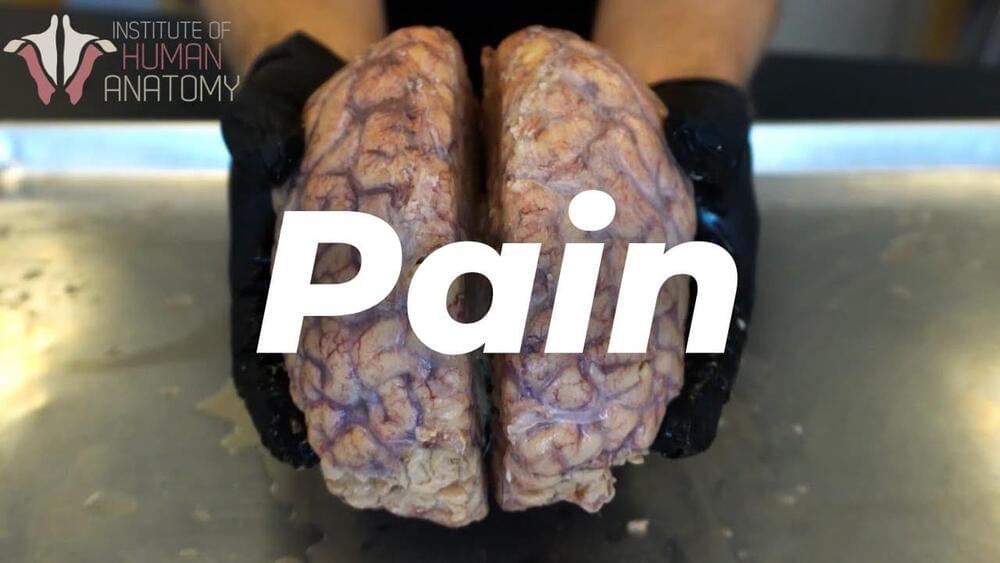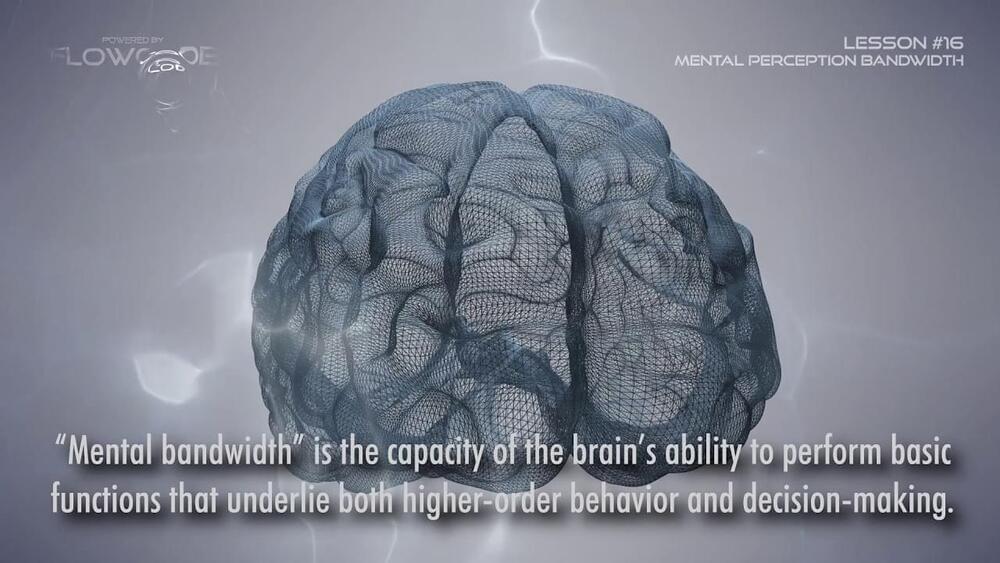Sep 30, 2023
Small Strands of Genetic Code Can Enhance Immunotherapy
Posted by Shubham Ghosh Roy in categories: biotech/medical, chemistry, evolution, genetics
Ribonucleic acid (RNA) is a molecule which is present in cells and made of genetic material to help build proteins necessary for cell function. RNA provides a template for the construction of proteins and is essential for cell and organism life. Immune cells rely on these proteins, including CD8+ or cytotoxic T cells which are responsible for killing invading pathogens. Importantly, cytotoxic T cells are a major component of the memory immune response. A pool of T cells specifically designed to recognize an invader is stored for future invasion of that particular pathogen. For example, once these cells are exposed to an invading antigen or protein, the immune system will expand T cells specific to that antigen and remember the antigen next time it enters the body. Vaccines work in a similar way by introducing a foreign antigen to the body, so the immune system is ready if the pathogen ever enters your body in the future. Only a small set of T cells that expand survive and it is unclear how this process occurs.
Recently a team of researchers at the University of Massachusetts Amherst (UMass) demonstrated that a single strand of RNA governs a T cells ability to recognize and kill tumors. The single strand of RNA is known as let-7 and is a microRNA, which is responsible for gene expression regulation. The recent discovery may improve vaccine development and cellular memory to enhance immunotherapy against cancers. Immunotherapy is a general term referring to cancer therapies that try to activate the immune system to kill the tumor compared to other drugs that try to directly kill the tumor with chemicals, such as chemotherapy.
The report published in Nature Communications identified that the microRNA, let-7, may enhance memory of T cells. Researchers led by Dr. Leonid Pobezinsky, Associate Professor of Veterinary and Animal Sciences at UMass, further built on our understanding of how T cells form immune memory. Pobezinsky and colleagues found that a small piece of microRNA that has been present throughout evolution is expressed in memory cells. Additionally, they found that more let-7 a cell has, the more likely that cell will recognize a cancer cell and kill it. The increased let-7 also indicates that the cell will turn into a memory cell after being exposed to an antigen. The regulation of enhanced memory T cells by let-7 is an integral process key to fight infections. This is a critical finding, especially because memory cells retain stem-like characteristics and can survive for decades.


















